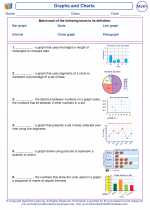Lunar Calendar
A lunar calendar is a calendar based on the monthly cycles of the Moon's phases, particularly the new moon and full moon. The lunar calendar is different from the more widely used Gregorian calendar, which is based on the solar year.
The lunar calendar is used in many cultures and religions around the world to determine the dates of traditional festivals, religious holidays, and agricultural activities. It is particularly important in determining the dates of Islamic and Chinese holidays.
One lunar month, or lunation, is the time it takes for the Moon to go through all of its phases, from new moon to full moon and back to new moon again. This cycle takes about 29.5 days on average, so a lunar calendar typically consists of 12 months of 29 or 30 days each, adding up to about 354 days in a year.
Because the lunar year is shorter than the solar year, a purely lunar calendar will slowly drift out of sync with the seasons. To address this, some lunar calendars are adjusted periodically by adding extra months or days to keep them in line with the solar year.
Overall, the lunar calendar provides a different perspective on timekeeping and has been an important part of human culture for thousands of years.
.◂Math Worksheets and Study Guides Third Grade. Graphs and Charts
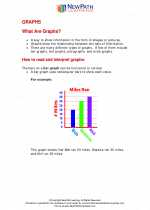
 Activity Lesson
Activity Lesson
 Activity Lesson
Activity Lesson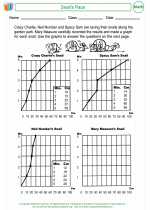
 Activity Lesson
Activity Lesson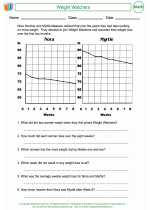
 Worksheet/Answer key
Worksheet/Answer key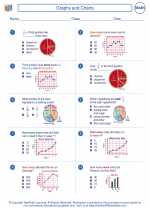
 Worksheet/Answer key
Worksheet/Answer key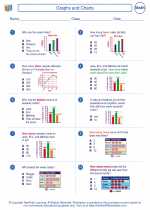
 Worksheet/Answer key
Worksheet/Answer key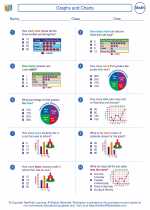
 Worksheet/Answer key
Worksheet/Answer key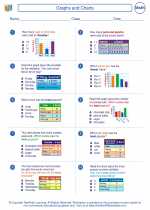
 Worksheet/Answer key
Worksheet/Answer key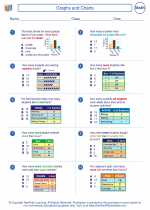
 Worksheet/Answer key
Worksheet/Answer key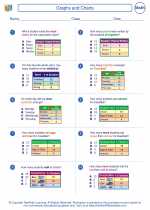
 Worksheet/Answer key
Worksheet/Answer key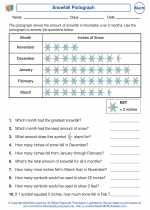
 Worksheet/Answer key
Worksheet/Answer key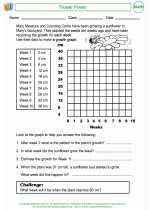
 Worksheet/Answer key
Worksheet/Answer key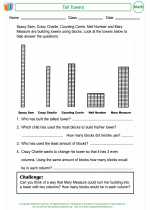
 Worksheet/Answer key
Worksheet/Answer key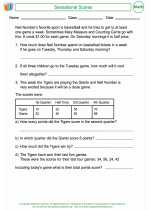
 Vocabulary/Answer key
Vocabulary/Answer key